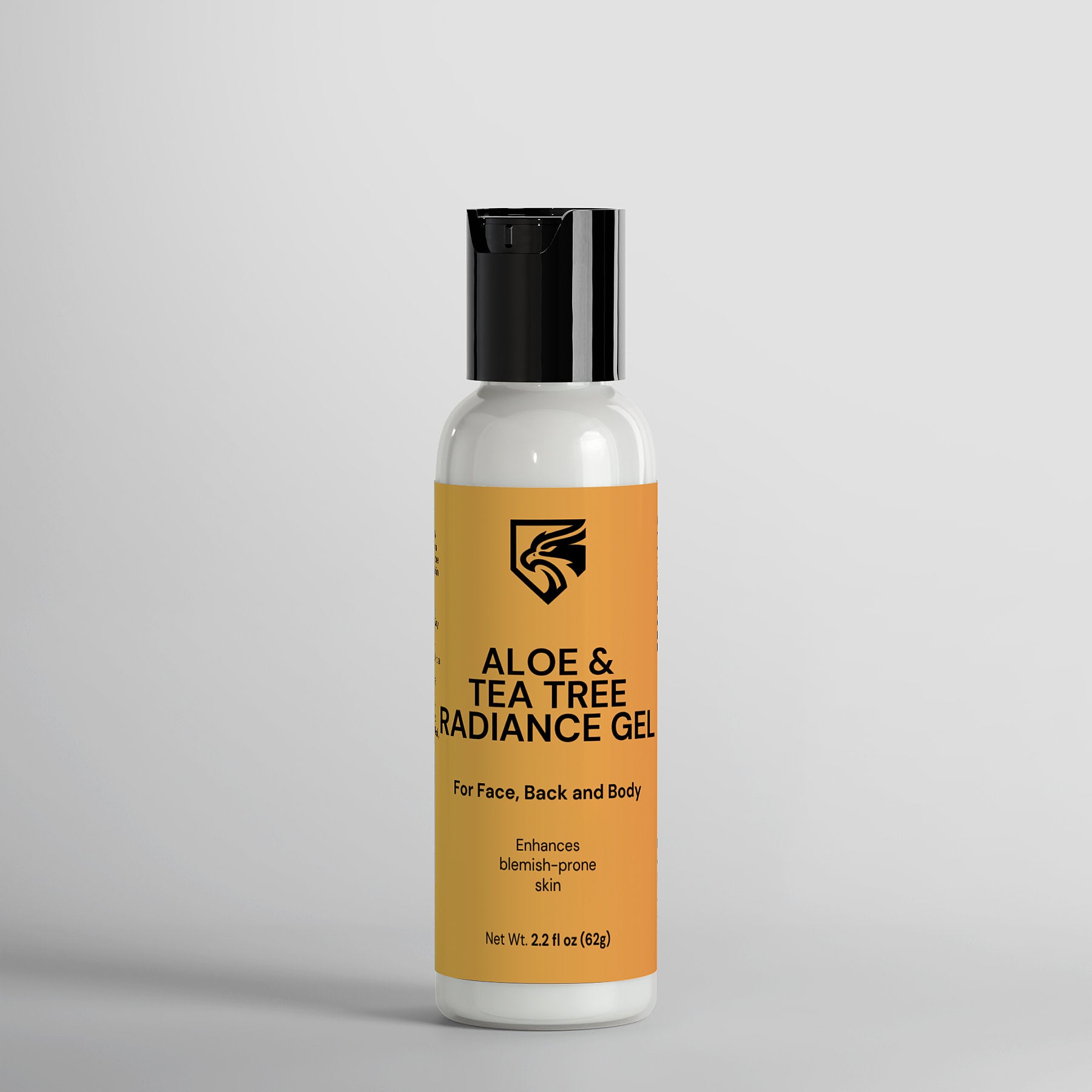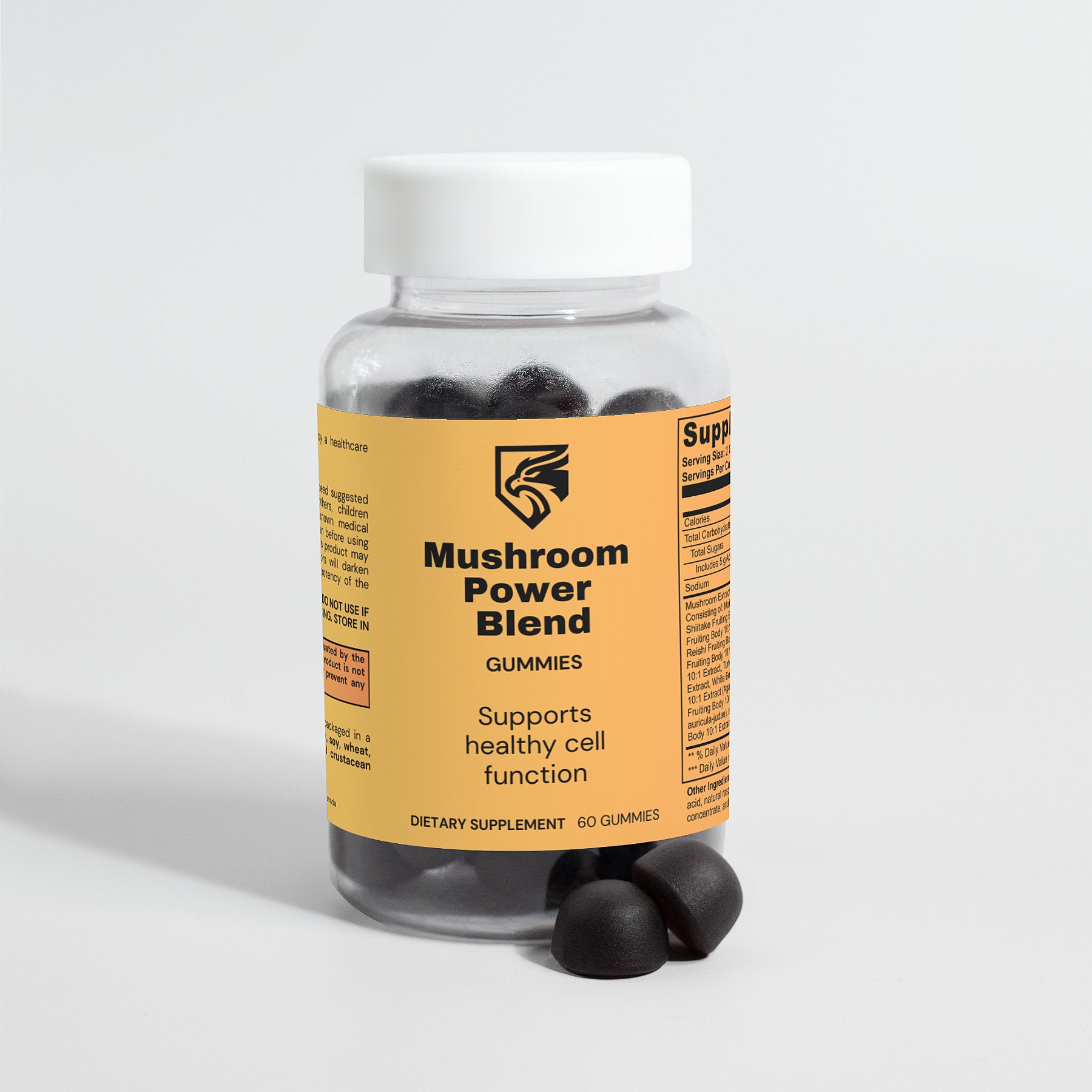Testosterone SOS: Navigating the Sugar Minefield for Hormonal Health
Introduction
In the intricate landscape of hormonal health, few substances wield as much influence as testosterone. Often associated with vitality, strength, and virility, testosterone plays a crucial role in both men and women's well-being. However, amidst the modern dietary milieu characterized by sugary indulgences, a hidden adversary lurks – sugar. This article delves deep into the intertwining realms of testosterone and sugar, exploring the mechanisms through which sugar disrupts hormonal balance and providing actionable strategies to navigate this minefield for optimal hormonal health.
Understanding Testosterone: The Hormone of Vitality
Testosterone, often hailed as the quintessential male hormone, is produced in the testes in men and the ovaries and adrenal glands in women. Beyond its role in sexual development and reproduction, testosterone influences a myriad of physiological processes. It stimulates muscle growth, supports bone density, fosters red blood cell production, and bolsters cognitive function. Moreover, testosterone exerts profound effects on mood, energy levels, and overall vitality, underscoring its significance in maintaining holistic well-being.
The Sugar Conundrum: Unveiling the Hidden Menace
Sugar, ubiquitous in modern diets, masquerades under various guises – sucrose, fructose, glucose, and high-fructose corn syrup. While often indulged in with abandon, sugar exacts a toll on hormonal health through multifaceted mechanisms. Excessive sugar consumption contributes to insulin resistance, fosters inflammation, promotes oxidative stress, and fuels central obesity – all of which conspire to disrupt testosterone production and signaling pathways.
Insulin Resistance: The Gateway to Hormonal Havoc
Central to the deleterious effects of sugar on testosterone is the phenomenon of insulin resistance. Prolonged exposure to high levels of sugar prompts the pancreas to release insulin in a bid to regulate blood sugar levels. Over time, cells become desensitized to insulin's effects, leading to insulin resistance. This metabolic derangement not only impairs glucose uptake but also interferes with testosterone production, exacerbating hormonal imbalance.
Inflammation and Oxidative Stress: The Silent Saboteurs
Sugar consumption triggers a cascade of inflammatory responses within the body, characterized by elevated levels of pro-inflammatory cytokines. Chronic inflammation, coupled with oxidative stress, disrupts the delicate equilibrium of the hypothalamic-pituitary-gonadal (HPG) axis, responsible for regulating testosterone synthesis and secretion. Furthermore, oxidative damage to Leydig cells in the testes impairs their ability to produce testosterone efficiently, perpetuating a vicious cycle of hormonal dysregulation.
Estrogen Dominance: The Unforeseen Consequence
Another insidious repercussion of sugar consumption is the promotion of estrogen dominance. High sugar intake fuels the conversion of excess glucose into fat, leading to elevated levels of circulating fatty acids. These fatty acids, in turn, stimulate the aromatase enzyme, responsible for converting testosterone into estrogen. Consequently, a surge in estrogen levels further diminishes testosterone, exacerbating hormonal imbalance and predisposing individuals to a host of health complications.
Central Obesity: The Belly of the Beast
Central obesity, characterized by excess fat accumulation around the abdomen, emerges as a hallmark of metabolic syndrome often precipitated by sugar-laden diets. Visceral fat, in particular, serves as a reservoir for aromatase enzyme activity, further exacerbating estrogen production at the expense of testosterone. Moreover, adipose tissue secretes adipokines, signaling molecules that interfere with testosterone synthesis and action, perpetuating the cycle of hormonal disruption.
Testicular Dysfunction: The Vulnerability of Vitality
The testes, tasked with testosterone production, bear the brunt of sugar-induced havoc. High sugar intake impairs testicular function by disrupting mitochondrial activity, fostering oxidative damage, and compromising Leydig cell function. Furthermore, hyperglycemia-induced inflammation impairs testicular blood flow, exacerbating tissue injury and impairing testosterone synthesis. Collectively, these factors contribute to testicular dysfunction, further exacerbating hormonal imbalance.
Clinical Evidence: Illuminating the Link
A wealth of clinical studies corroborates the detrimental impact of sugar on testosterone levels. Research published in esteemed journals such as the Journal of Clinical Endocrinology & Metabolism and the Journal of Steroid Biochemistry and Molecular Biology elucidates the inverse relationship between sugar consumption and testosterone levels. From observational studies to randomized controlled trials, the evidence unequivocally underscores the pernicious effects of sugar on hormonal health.
Navigating the Sugar Minefield: Strategies for Hormonal Harmony
In the face of sugar-induced hormonal havoc, adopting proactive strategies becomes imperative for restoring hormonal balance and safeguarding well-being. Embracing a low-glycemic diet rich in whole foods, lean proteins, healthy fats, and fiber can help stabilize blood sugar levels and mitigate insulin resistance. Furthermore, prioritizing nutrient-dense foods such as leafy greens, cruciferous vegetables, and zinc-rich foods can support testosterone synthesis and metabolism, fostering hormonal harmony amidst the sugar minefield.
Conclusion
In conclusion, the intertwined realms of testosterone and sugar underscore the paramount importance of dietary vigilance in maintaining hormonal balance and overall health. By elucidating the mechanisms through which sugar disrupts testosterone production and signaling pathways, this article aims to empower individuals to navigate the sugar minefield with informed decision-making. By embracing dietary modifications and adopting proactive strategies, individuals can mitigate the deleterious effects of sugar on hormonal health, reclaiming vitality and well-being in the process.







6 comments
CNmIUTYwdfnWR
hLozpCWSIXqkYg
VZRGiIeN
DSwBRrUyOoznfglG
rRHGPxfBA
EQJDXUyBM
WXknxgyt
rbAFYKjksPWT
iywVvnKBodlU
rcVoFwYgGyfxkN
Leave a comment
All comments are moderated before being published.
This site is protected by hCaptcha and the hCaptcha Privacy Policy and Terms of Service apply.